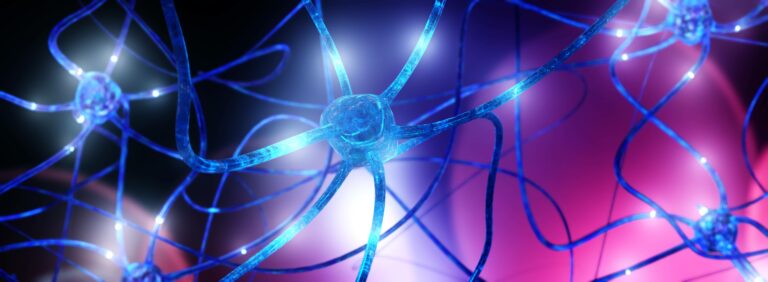Dementia is a condition that affects the brain, causing a gradual decline in cognitive function. It is a term used to describe a set of symptoms that include memory loss, confusion, and difficulty with language, problem-solving, and motor skills. While there are different types of dementia, they all share similar early signs and symptoms.
One type of dementia is called Demencia elsŐ jelei, which translates to “early signs of dementia” in Hungarian. This condition, also known as Mild Cognitive Impairment (MCI), is characterized by a slight but noticeable decline in cognitive function. People with Demencia elsŐ jelei may experience memory lapses, difficulty with language, and trouble completing familiar tasks.
The early signs of Demencia elsŐ jelei can be subtle and may go unnoticed for some time. However, paying attention to these signs and seeking medical advice can help with early diagnosis and management of the condition.
Memory Loss
One of the most common early signs of Demencia elsŐ jelei is memory loss. This can manifest as forgetting recent events or conversations, misplacing things regularly, or struggling to remember names or familiar faces. While occasional memory lapses are normal, persistent forgetfulness that interferes with daily life could be a sign of Demencia elsŐ jelei.
Difficulty with Language
Another early sign of Demencia elsŐ jelei is difficulty with language. This can include trouble finding the right words to express oneself, forgetting the names of common objects, or struggling to follow a conversation. In some cases, people with Demencia elsŐ jelei may also have trouble understanding written or spoken language.
Trouble Completing Familiar Tasks
Individuals with Demencia elsŐ jelei may also struggle with completing familiar tasks. This can include forgetting how to perform routine activities such as cooking, getting dressed, or driving to a familiar location. They may also have difficulty following instructions or learning new tasks.
Confusion and Disorientation
As Demencia elsŐ jelei progresses, individuals may also experience confusion and disorientation. This can manifest as getting lost in familiar places, not recognizing familiar people, or struggling with routine activities such as using a phone or managing finances.
Personality and Mood Changes
People with Demencia elsŐ jelei may also exhibit changes in their personality and mood. They may become irritable, anxious, or depressed. They may also lose interest in activities they used to enjoy or become socially withdrawn.
What Causes Demencia elsŐ jelei?
There is no single cause of Demencia elsŐ jelei. It is believed to be a combination of factors that include age, genetics, lifestyle, and underlying health conditions. As we age, our brain cells shrink and connections between cells are lost, leading to cognitive decline. Genetics also play a role in some forms of dementia, with certain genes increasing the risk of developing the condition. Lifestyle factors such as high blood pressure, diabetes, and smoking have also been linked to an increased risk of dementia.
When to Seek Medical Attention
It is essential to seek medical advice if you or a loved one is experiencing any of the early signs of Demencia elsŐ jelei. While there is no cure for this condition, early diagnosis can help manage symptoms and slow down its progression. A doctor will conduct a thorough physical and neurological examination, along with memory and cognitive tests, to determine if there are any underlying health conditions contributing to the symptoms.
Coping with Demencia elsŐ jelei
If you or someone you know has been diagnosed with Demencia elsŐ jelei, there are ways to cope with the condition and maintain a good quality of life. These include:
1. Staying mentally active: Engage in mentally stimulating activities such as reading, puzzles, or learning a new language to help maintain cognitive function.
2. Staying physically active: Regular exercise has been shown to improve brain function and slow down the progression of dementia.
3. Eating a healthy diet: A diet rich in fruits, vegetables, whole grains, and healthy fats can help keep the brain healthy.
4. Socializing: Staying socially connected can help prevent feelings of isolation and depression, which are common in people with Demencia elsŐ jelei.
5. Seeking support: It is essential to have a support system in place, whether it be family, friends, or support groups, to help manage the challenges of living with dementia.
In conclusion, Demencia elsŐ jelei is a type of dementia that is characterized by early signs and symptoms such as memory loss, difficulty with language, and trouble completing familiar tasks. While there is no cure for this condition, seeking early medical attention and making lifestyle changes can help manage symptoms and improve overall quality of life. If you or someone you know is experiencing these early signs, do not hesitate to seek medical advice for proper diagnosis and treatment.





